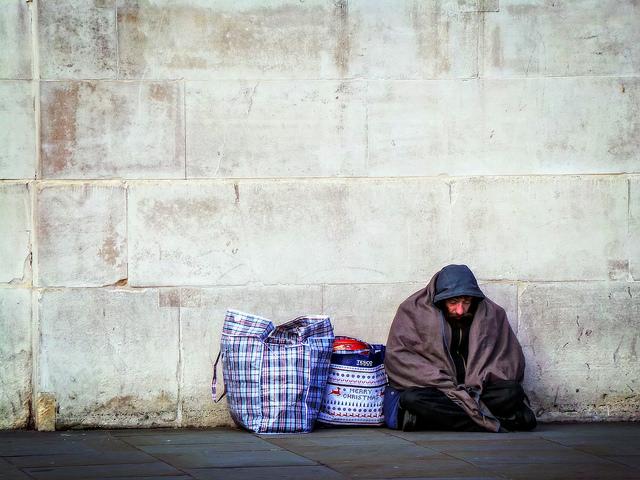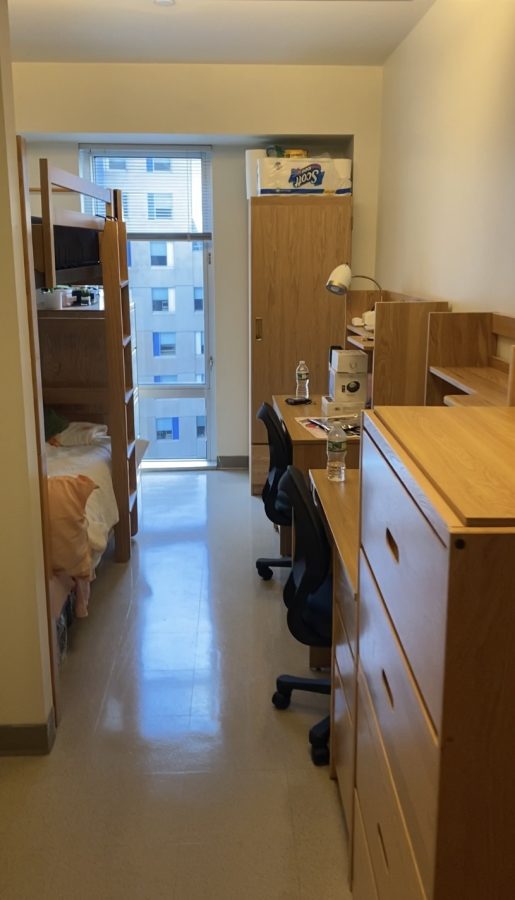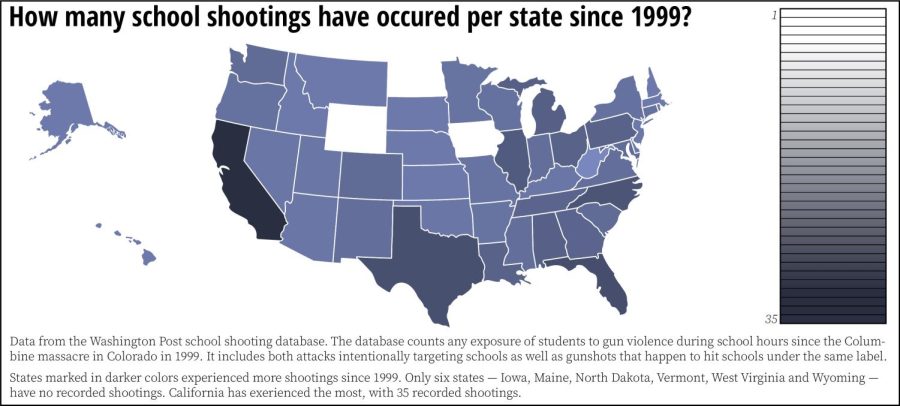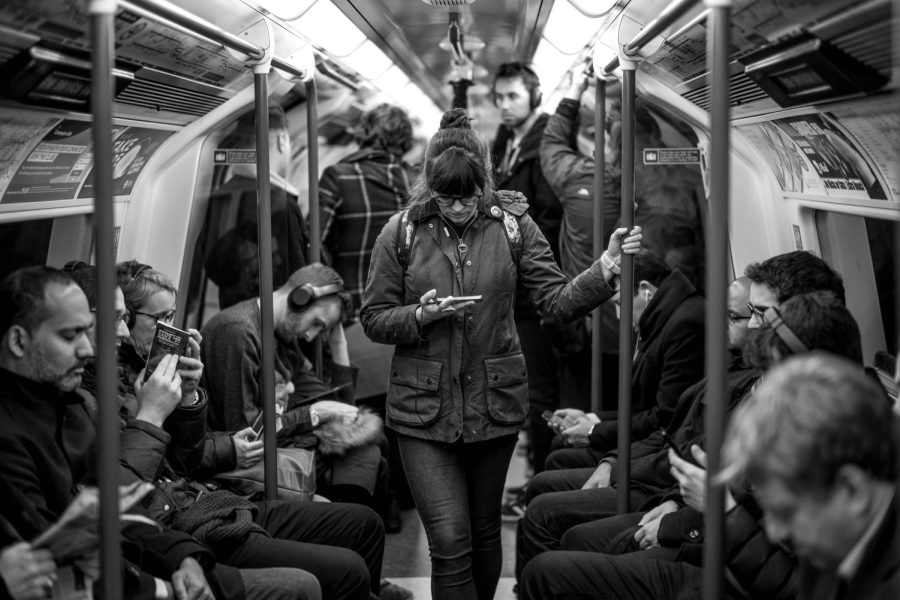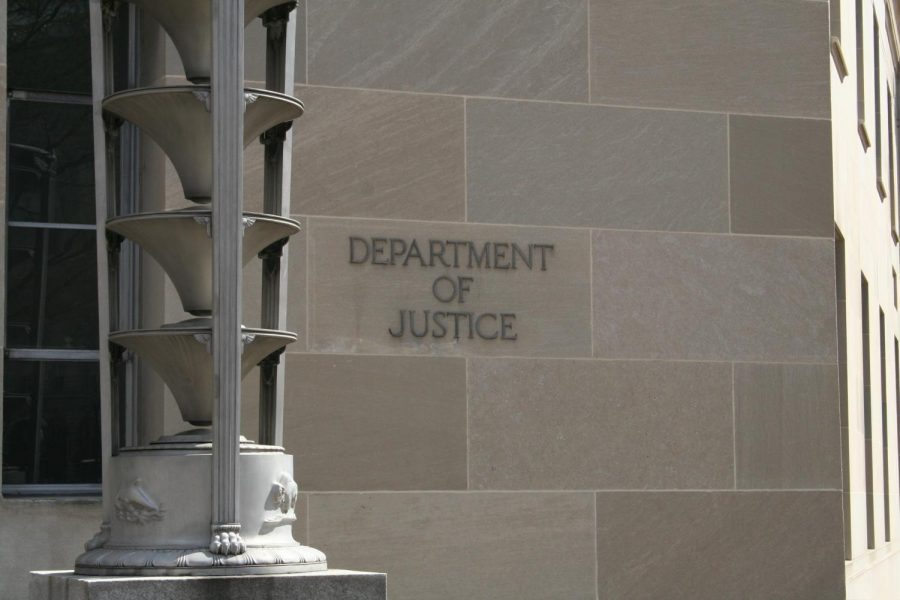By Sean Connolly, Editorial Section Editor
On Sunday, Oct. 4, Northeastern’s Resident Student Association (RSA) began a Homelessness Awareness Week to bring attention to the extreme problem of homelessness in Boston. The timing is appropriate, as this Thursday is the one-year anniversary of the closure of Boston’s Long Island Bridge.
Long Island was home to shelters and drug recovery programs, and the closure of the bridge resulted in the displacement of over 700 people right before Boston’s coldest winter on record. A year later, the city has provided two new shelters and several new drug recovery programs, but many shelters remain in questionable conditions. Advocates for the homeless such as the Boston Homeless Solidarity Committee claim the replacments still aren’t enough to meet demand.
Most major cities have problems with homelessness, but Boston’s problem is larger than many – and it’s increasing. In 2014, the US Department of Housing and Urban Development found that the homeless population in Massachusetts as a whole was increasing faster than in any other state. From 2007 to 2014, homelessness increased 40 percent in Massachusetts, even as the overall rate of homelessness decreased nationwide. According to FamilyAid Boston, family homelessness in Boston has increased 25 percent this year, with 1,543 homeless families in the city as of February 2015.
On a more positive note, it is worth recognizing that Boston has a comparatively low number of homeless people living on the streets than in other cities. The Boston Public Health Commission claims that the street population makes up only 1.7 percent of the total homeless count. Most individuals experiencing homelessness find places in shelters. However, these shelters are often overcrowded as they attempt to accommodate as many people as possible. In 2014, a report by the US Conference of Mayors reported that the demand for shelters in Boston is 22 percent higher than the number of beds available. The result is cramped quarters and poor conditions. Even if there was adequate space in shelters for all people experiencing homelessness, actual long-term solutions to homelessness need to create ways for families and individuals to have their own places to live.
There are some small-hearted individuals who will argue homelessness is somehow the fault of the homeless, largely attributed to some kind of laziness. Besides lacking in basic empathy, this viewpoint is fundamentally untrue. Homelessness is caused by structural societal issues that fail to be addressed, such as stagnant low wages and unaffordable housing. The 2014 US Conference of Mayors report found that 25 percent of Boston’s homeless are employed. These people aren’t suffering from some type of chronic laziness; the jobs they have simply don’t pay enough to compete with Boston’s high housing rates.
Other major issues causing homelessness are mental illness and physical disabilities. Thirty-Eight percent of homeless adults are severely mentally ill, and 31 percent are physically disabled, according to the 2014 US Conference of Mayors report on homlessness. These are people who need direct and comprehensive assistance, and the dangerous mentality that homeless people should “get a job” serves only to belittle their experiences and decrease public desire to fund services to help the homeless.
If we are to seriously attempt to end homelessness in Boston, we have to address the issues causing homelessness in the first place. Lack of affordable housing, low wages, mental illness, physical disability and substance abuse are all issues that contribute to homelessness, and they all need to be addressed. We should also listen to the members of the homeless community themselves when they tell us what they need. The Boston Homeless Solidarity Committee, for example, is demanding that the city increase subsidized permanent housing and rental voucher programs. It is also calling for more shelter beds and drug recovery programs.
In any case of suffering and oppression, the victims of the problem tend to be the ones who best know the solutions. Without comprehensive change to the way housing and mental health are handled in Boston, the homeless epidemic can’t be expected to end anytime soon.
Photo Courtesy Garry Knight, Creative Commons


